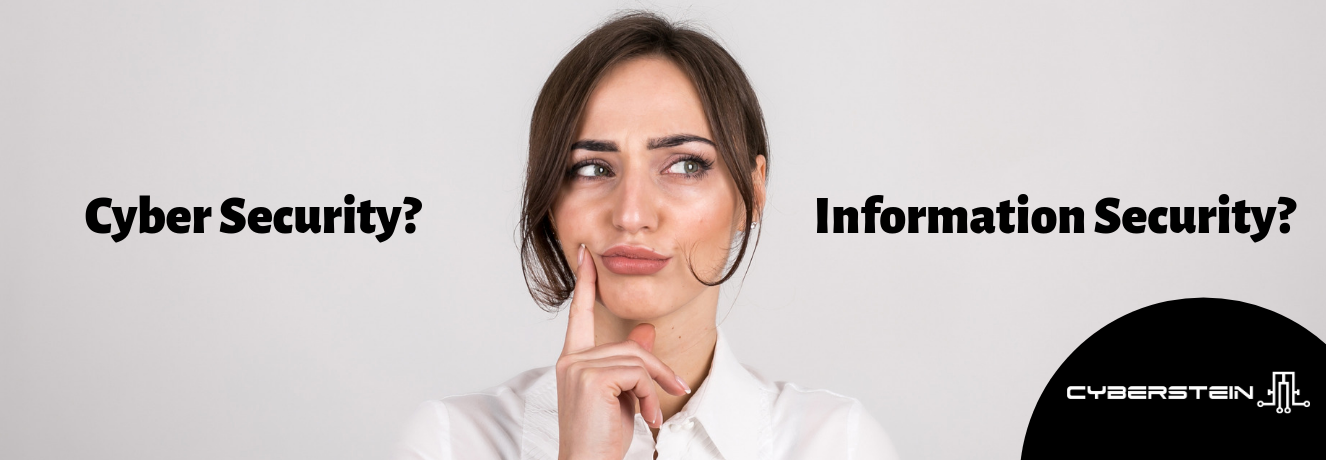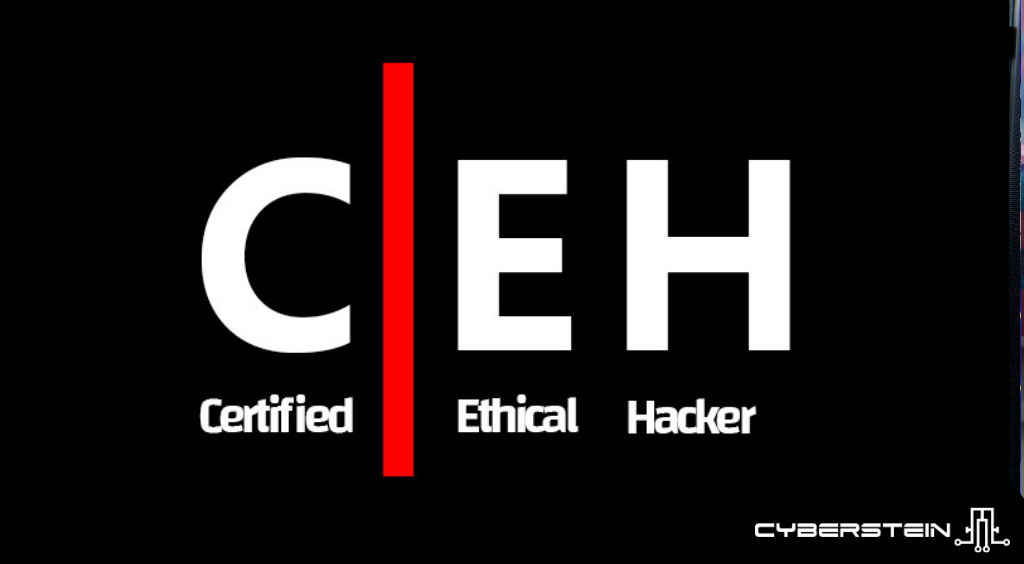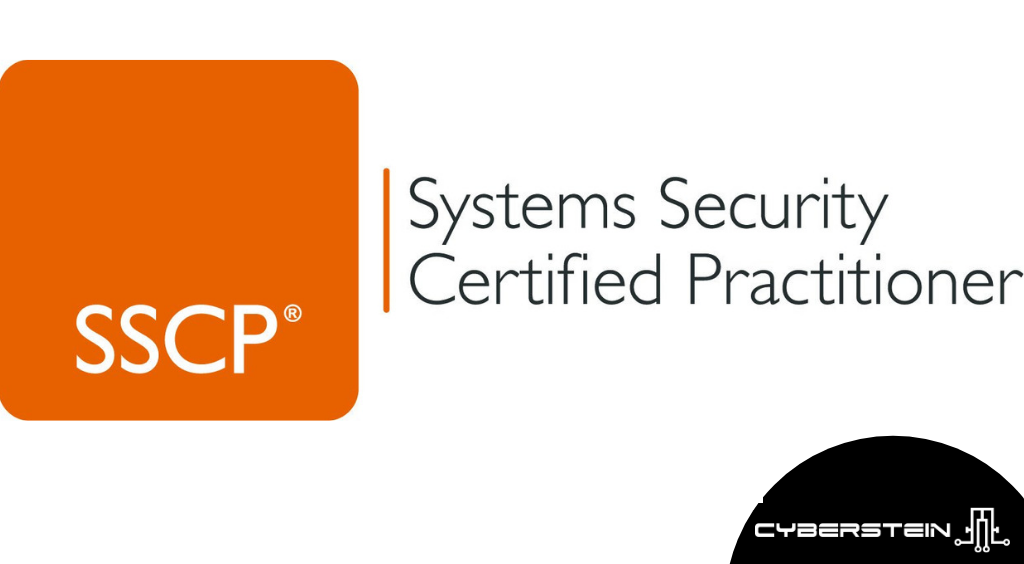15 May Understanding the Difference Between Cyber Security and Information Security

Information Security and Cyber Security are terms often used interchangeably. As such, they are often the cause of confusion amongst both HR executives and security professionals.
In this article, we will define the meaning and differences between both Information Security and Cyber Security, and the skills HR executives should look out for in each sector.
1. What is Information Security?

Information security has been around since before the dawn of computers. However, in this day and age, corporations store a large number of data either through the use of online servers, desktops, or laptops. Currently, Information Security refers to the protection of information and information systems from unauthorized use, assess, modification or destruction.
Information Security Specialists often focus on the:
1. The protection of the information’s physical environment by ensuring that the area is secure.
2. To ensure that the information cannot be accessed electronically.
The aim of Information Security is to provide confidentiality, integrity, and availability.
These can be defined as:
Integrity: Guarding against false information or improper information modification. Ensuring the information’s legitimacy and non-repudiation. In security, non-repudiation is defined as providing proof of the data’s origin.
Confidentiality: The protection of personal privacy, trade secrets, and access restrictions fall under this category.
Availability: Ensuring timely and reliable access to information, and the use of information.
Source: Cisoplatform
It is important to understand that Information Security does not only cover the protection of electronic information but all information. Even the ones stored in filing cabinets!
2. What skills should I look out for Information Security?

Information security professionals find strategies, policies, and solutions. They also perform risk management.
If you’re looking to hire someone from the Information Security field, these are some of the top skills that candidates should have:
A. Security Tools expertise
B. Security Analysis
C. Project Management
D. Incident Response
E. Data Science and Data Analytics
F. Scripting
G. Automation/DevOps
The ideal Information Security candidate should also possess a degree in Computer Science, Information Security or Cyber Security.
3. What is Cyber Security?

On the other hand, Cyber Security can be defined as the protection of data found in electronic form. This includes identifying data or what critical data is, where it is found, and the technology needed to protect the data. Thanks to the ignorance of everyday computer users, cybercriminals are more likely to conduct cyber attacks, send out phishing emails, or plant malware than break into a secured building, for information. Cyber Security might be one aspect of information security, but it is the most important aspect.
4. What skills should I look out for in a Cyber Security specialist?

Cyber Security specialists perform a wide range of tasks ranging from data recovery and the reporting of security metrics to performing penetration testing.
There are a number of unique skills that Cyber Security specialists should possess. Some of the more important skills include:
A. Intrusion Detection
B. Malware Analysis and Reversal
C. Programming
D. The ability to think like a Black Hat Hacker
E. Building a well-rounded skill-set
F. Risk Analysis
G. Cloud Security
H. Security Analysis
In addition to skills, a Cyber Security specialist should also have several certifications. They include:
A. CEH (Certified Ethical Hacker)

In order to pursue ethical hacking, Cyber Security specialists will need this certification. The CEH (Certified Ethical Hacking) course is an intermediate level qualification that can be acquired in a short course.
B. CompTIA Security+

An entry-level certification. A Cyber Security specialist must have at least two years worth of experience in order to pursue this certificate. This is a useful certification that covers topics such as cryptography, identity management, security risk identification, and network access control to name a few.
This certification needs to be renewed once every three years.
C. SSCP: Systems Security Certified Practitioner

This certification is often described as one of the first exams cybersecurity specialists will need to take in order to pursue a career in…well, Cyber Security. The course will cover a range of topics including Cryptography, Malicious Coding, and Security Operations to name a few.
More information on the different types of certification Cybersecurity specialists need here
5. Can the term Information Security and Cybersecurity be used interchangeably?

Whilst the terms Information Security and Cyber Security are often used interchangeably, it is best to avoid doing so. Not only will they cause confusion amongst HR executives, but it also causes confusion amongst security professionals.
It’s important to realize that even though parts of Information Security and Cyber Security overlap, they’re actually very different. Both Information Security and Cyber Security offer data protection but that’s where their similarities end. Cyber Security deals with the protection of data and information from outside sources within the Internet and cyberspace.
Take for instance a paper shredder. It can be considered a form of Information Security if a company advocates for its use, but it is a device that’s pretty useless for Cyber Security. Through this example, we can assume that an Information Security specialist does not necessarily require a Computer Science degree or focus on electronic records.
6. What are some skills required in Information Security that’s not required in Cybersecurity?

Skills such as Malware Analysis and reversing is a skill that’s not required in Information Security. Malware intrusion is a serious issue and security professionals are required to stay proactive and continuously develop their skills in digital threat management.
In addition to constant upskilling, Cyber Security specialists are required to strengthen their skills in business continuity and disaster recovery planning. Unlike an Information Security Specialist, a Cyber Security specialist needs to plan and know the steps needed for an organization to maintain essential functions after a disaster has occurred.
Recommended Readings:
- Do You Know the Difference Between Cybersecurity and Information Security
- Information Security, Cybersecurity, IT Security, Computer Security….What’s the Difference?
- Understanding Difference Between Cybersecurity and Information Security – CISO Platform
- Cybersecurity Blog: Cybersecurity vs Information Security
- What is the Difference Between Information Security and Cybersecurity
- Attracting Cyber Security Talents in 4 Simple Steps

